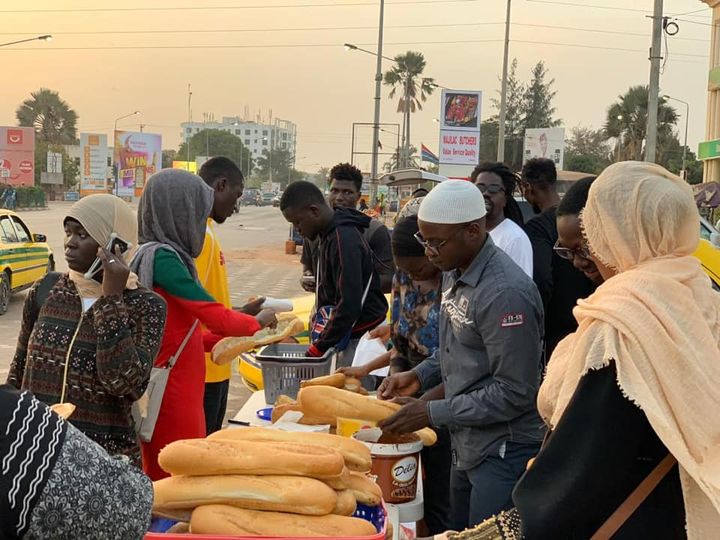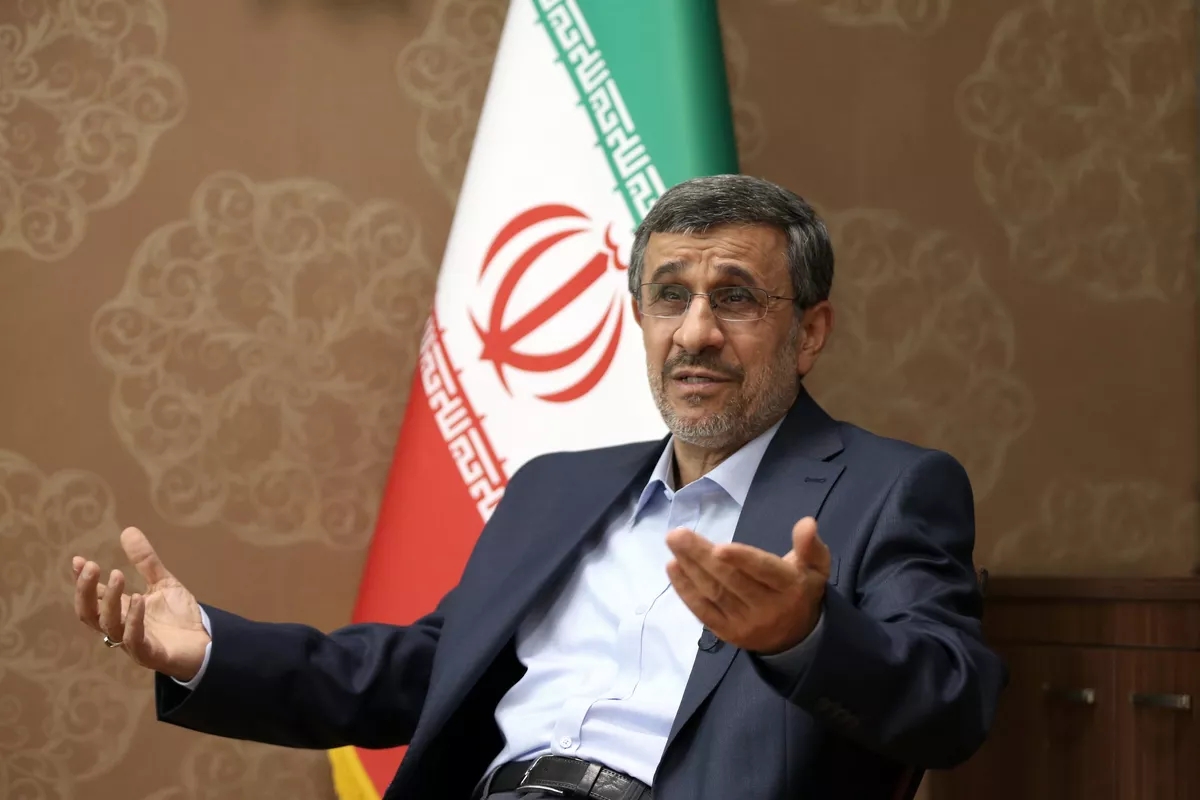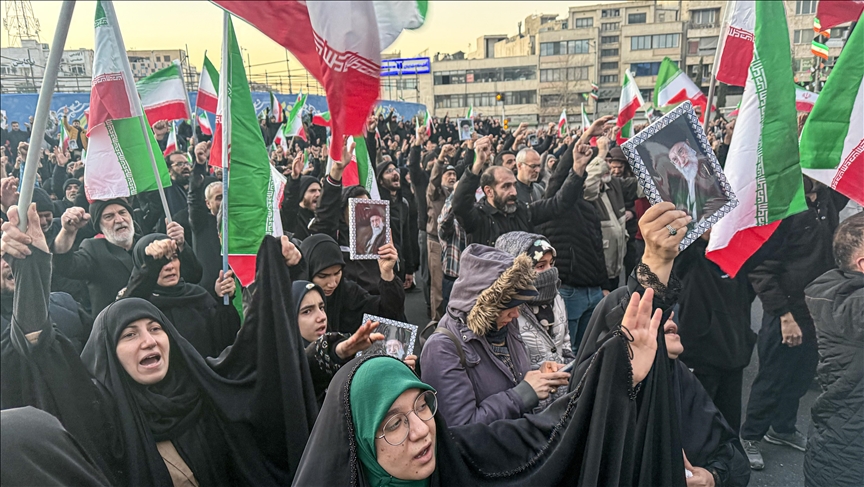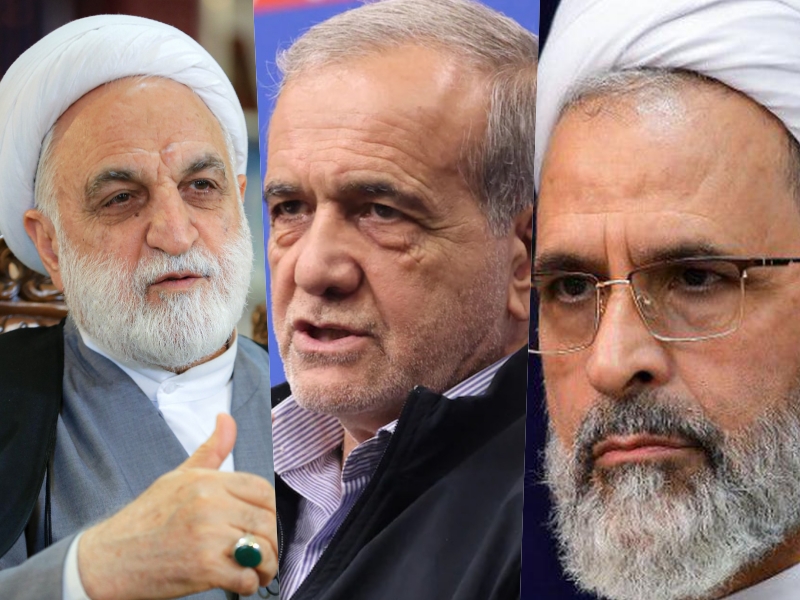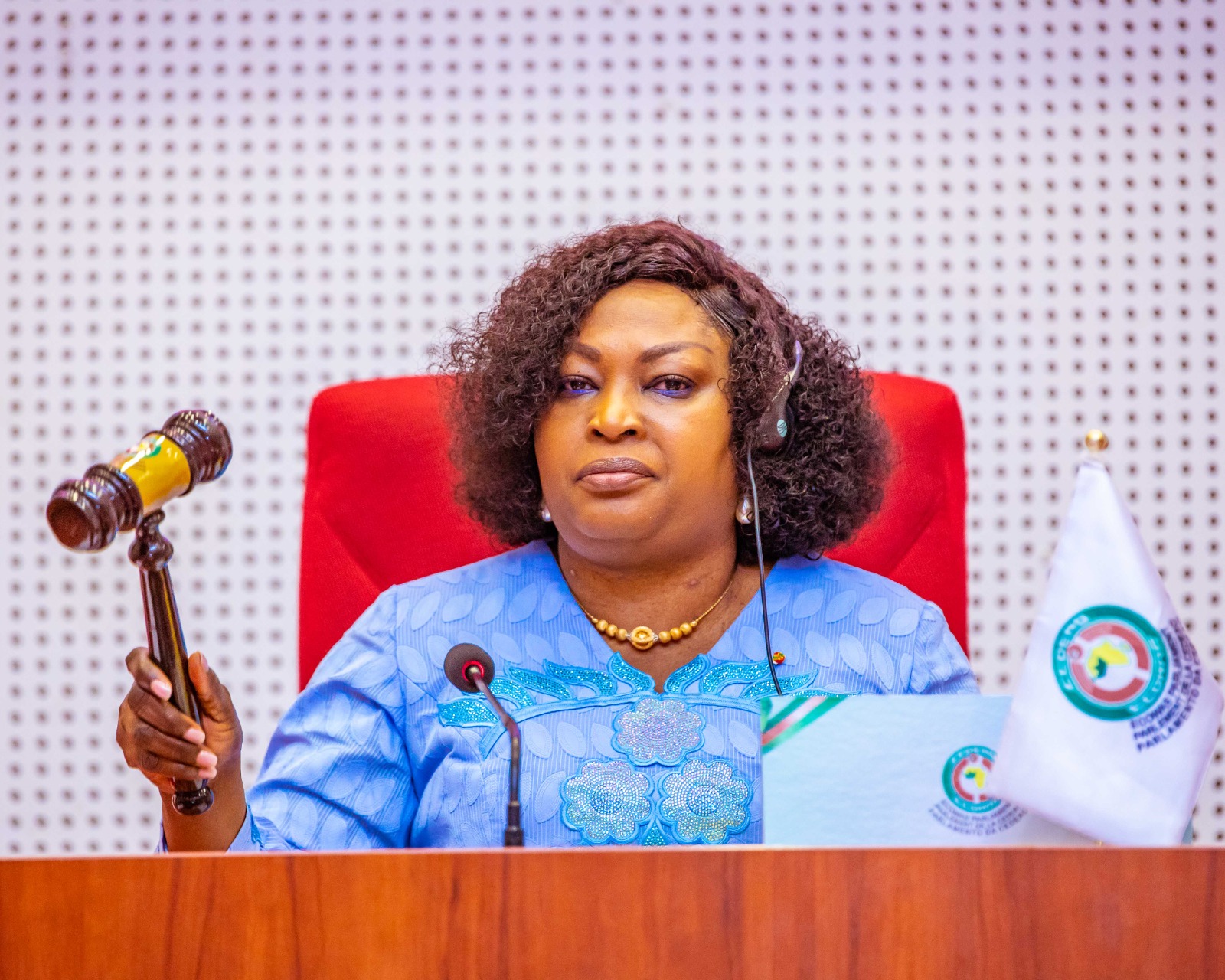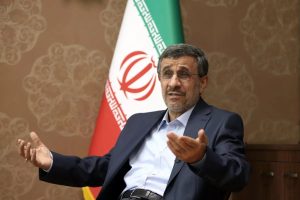Gambiaj.com – (WINNEBA, Ghana) – The West African region generates approximately 17 million tonnes of plastic waste annually, with only 10 percent being recycled, according to the Speaker of the Economic Community of West African States (ECOWAS), Hadja Mémounatou Ibrahima.
Speaking on Tuesday, July 30, at the opening of the delocalized meeting of the Joint Committee on Agriculture, Environment and Natural Resources/Energy, Mining/Infrastructure of the Parliament of the ECOWAS in Winneba, Ghana, Ibrahima highlighted the severe environmental impact of plastic waste mismanagement.
“Dear colleagues and distinguished guests, the impact of plastic pollution on our ecosystem is undeniable and poses a significant threat to our survival. The figures are alarming,” she stated. “This lack of proper management leads to an accumulation of plastic waste in the environment, polluting our oceans, rivers, and soils, and threatening biodiversity.”
Ibrahima emphasized that the region is still grappling with the challenge of eradicating plastic waste, a situation she attributed to infrastructure deficits and a lack of public awareness. The pollution caused by plastic waste is not only an environmental hazard but also impedes economic development and poses health risks due to water contamination.
At the international level, various conventions have been adopted to combat climate change, and awareness of plastic waste’s adverse effects has led to the institution of “World Plastic Bag Free Day” on July 3, celebrated annually since 2010.
ECOWAS has responded to the urgency of the situation by adopting a community policy for plastic waste management. This policy aims to promote the reduction, recycling, and recovery of plastic waste while ensuring the responsible management of non-recyclable waste.
Nationally, several Member States, including Togo, Mali, Côte d’Ivoire, Burkina Faso, Guinea-Bissau, Niger, Gambia, and Senegal, have enacted legislation to regulate the plastics sector. Additionally, ECOWAS has adopted regulations for the harmonized management of plastic waste across Member States.
Expressing optimism about the ongoing meeting, Ibrahima called for massive investments in research and development, technological innovation in recycling, and enhanced capacities for local management of plastic waste. She stressed the importance of integrating climate change and plastic waste management into school curricula to prepare future generations for these challenges.
“The fight against plastic pollution is a shared one. It concerns environmental issues, social justice, and sustainable development. By joining forces, sharing experiences, and exploring innovative solutions, we can meet this challenge and build a more sustainable future for our region,” Ibrahima concluded.



